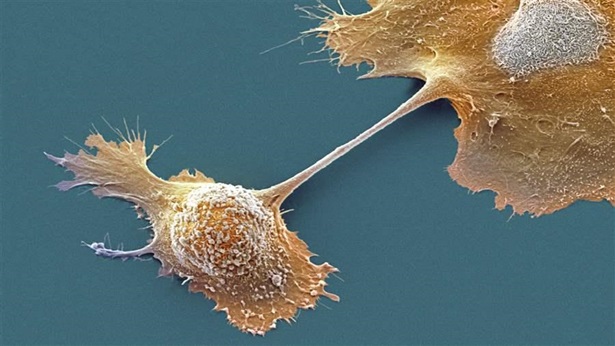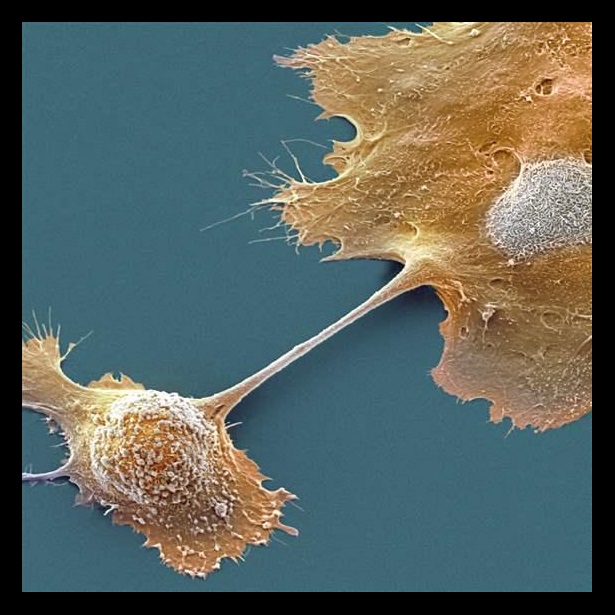Viral DNA May Help Human Body Fight Infections
Pew scholar unlocks immune system trait that is possible key to survival
 © iStock
© iStockEvolutionary DNA remnants from thousands of years ago can help fight off modern viruses in people today.
In the March issue of Science magazine, 2012 Pew scholar Nels Elde, Ph.D., and his colleagues unveiled research that illustrates one of the most elegant characteristics of human evolution: Our bodies are remarkably adaptable and programmed to take in that which could harm us and repurpose it for our benefit.
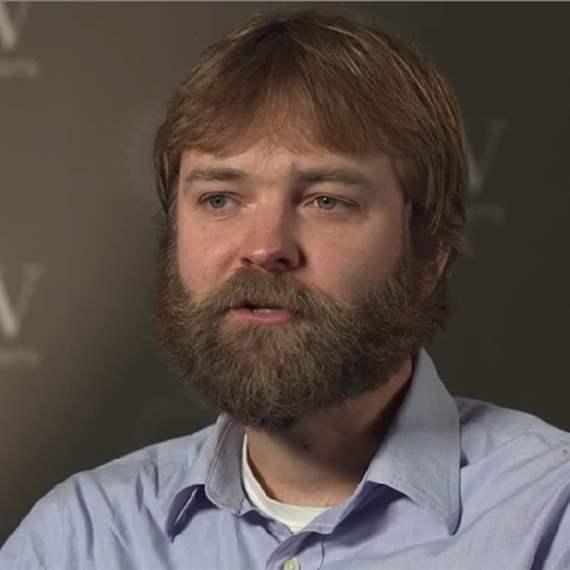
Nels C. Elde
Elde’s group showed that our immune system relies in part on genes taken from viruses that infected our ancestors thousands of years ago. These viral DNA remnants, which make up nearly 8 percent of the human genome, can serve as a circuit switch, activating nearby immunity genes when a threat such as a modern virus is detected.
Using sophisticated genetic sequencing and gene-editing techniques, Elde and his colleagues deleted certain viral remnants from human DNA and found that, without them, cells infected with a pathogen could not fully respond to interferon, a protein signal that jump-starts our immune responses. As a result, cells without viral DNA failed to express proteins that are necessary to fight off an infection.
Elde’s study suggests that our bodies’ appropriation of viral DNA has been critically important to our survival as a species. Viruses have helped shape human development. Understanding their biological function—for our health and in our evolution—could give scientists crucial insight into new infections and viruses as they emerge.
This kind of groundbreaking work validates Pew’s decadeslong commitment to bolstering early-career biomedical scientists such as Elde in the United States and in Latin America, harnessing scientific discoveries to improve human health.


America’s Overdose Crisis
Sign up for our five-email course explaining the overdose crisis in America, the state of treatment access, and ways to improve care
Sign up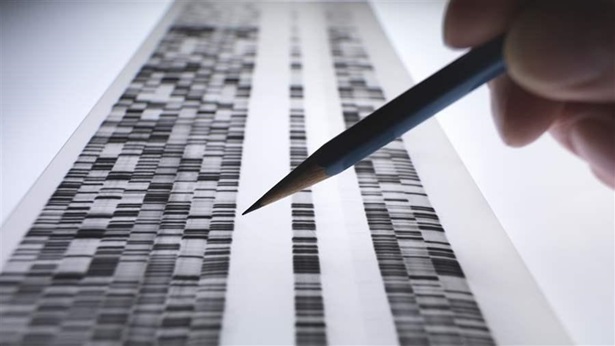
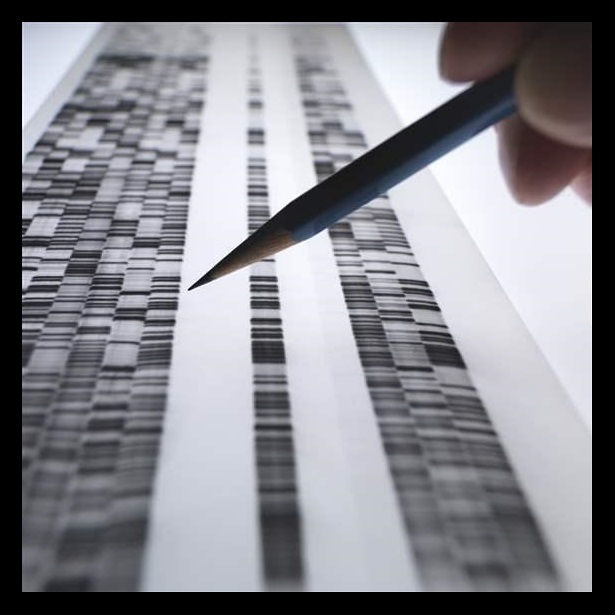
Pew Scholar Jeannie T. Lee Wins Lurie Prize in Biomedical Sciences
